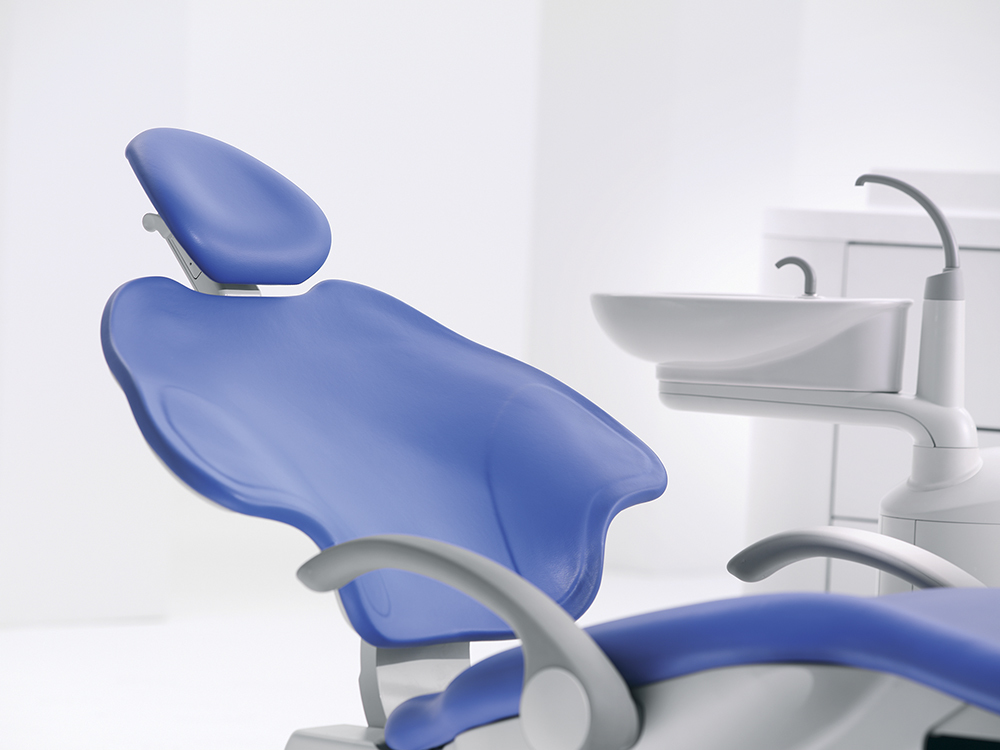Is your dental chair negatively impacting your health, asks Nick Olive
Working in dentistry can be very rewarding in many ways, but dentistry can certainly come with its drawbacks too. The most painful of these can come from poor posture and unsupportive equipment used day after day, week after week.
The dental chair and stool on which you sit on for hours at a time may be impacting your health more than you realise.
Just over 70% of healthcare professionals suffer with lower back pain during their career (Cınar-Medeni, Elbasan and Duzgun, 2017). Over the years, practising dentistry can take its toll; not just affecting the lower back, but also the spine, muscles, ligaments and nerves in the neck, back and limbs.
Left untreated, the pain can become increasingly severe, debilitating, and even career-ending. These musculoskeletal disorders, particularly ischemia and premature disc degeneration, are connected to how we have been taught to sit; with thighs parallel to the floor and hips at a 90° degree angle. This is probably a legacy of the flat, non-adjustable seats of early dental stool designs.
Reduce strain
Stools with a tilting seat that position the hips higher than the knees for an increased hip angle, help to maintain the curve of the lower back. This reduces lower-back muscle activity and disc pressure, allowing closer positioning to the patient and reducing lower back pain.
The ability to position yourself with your knees tucked under the dental chair is critically important to gain closer positioning to the patient. Thicker-backed chairs push you further away from the oral cavity and thus require more forward lean or tilt to gain a good view of the oral cavity – resulting in more muscular exertion.
Next time you update your dental chair, consider one with a thin, flexible backrest and without thick upholstery. Having a cut-away baseplate can also help, as this enables the castors of your stool to get right under the dental chair, promoting an ergonomic working position without any twisting or straining of the spine.
Many dental health professionals are familiar with some form of muscle strain, fatigue or pain as several hours a day are spent leaning or bending over the patient. If your stool is unsupportive and causing you aches and pains, it may be worth considering a more ergonomic solution. Invest in equipment that makes you and your staff comfortable and happy to be there.
A-dec dentist and assistant stools have been designed to prevent further damage from bad posture and can even reduce the effects of existing musculoskeletal disorders. Created with performance zones, the tilting seat section and backrest of the stools flex to the shape of the body, keeping you supported as you shift, lean and work. The contoured backrest also cradles the spine to alleviate pressure, promote proper circulation and provide ultimate comfort.
If you are suffering from minor back pain or even a severe musculoskeletal disorder, contact A-dec for a free two-week trial on its dental stools, which could help to alleviate much of the pain associated with these conditions.
For more information, call 0800 233 285 or email [email protected] to see if an A-dec stool could help you work pain-free.
References available upon request.



